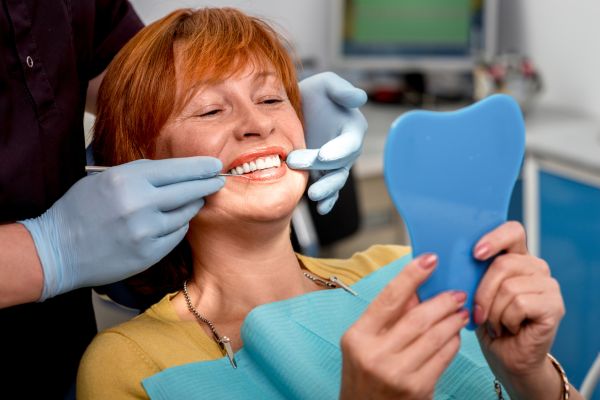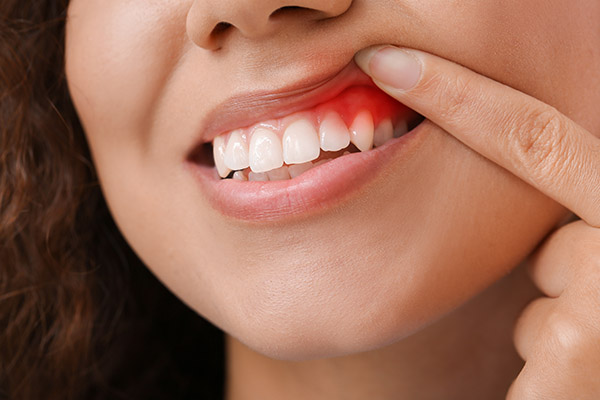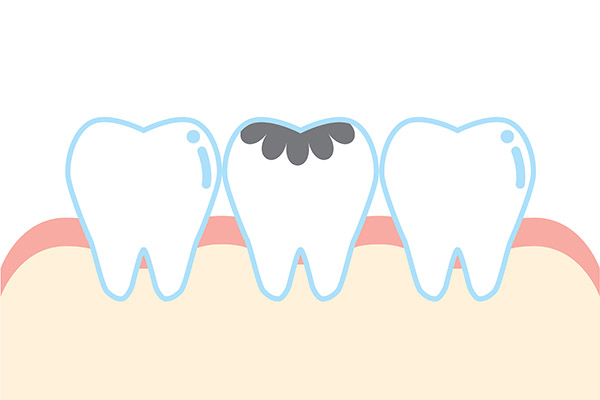The Process of Getting Dental Implants

From initial consultation to the day of the surgery, knowing what to expect with your upcoming dental implant procedure is important. We want you to feel completely well-informed in the process of getting dental implants so you can be comfortable with each step. Understanding the process will also help you to ask the right questions at your consultation appointment.
Dental implants can be used to replace missing teeth or teeth that need to be extracted. Weakened teeth that are no longer viable, teeth that have fallen out due to injury or extremely decayed teeth can all be replaced with a dental implant.
For patients who are missing multiple or all of their teeth, dental implants are an option. In combination with bridges or prosthetic rows of teeth, implants can be used to replace many missing teeth.
Dental implant process
Get to know all the steps of the process before getting a dental implant placed.
First step: Consultation
At the very initial appointment, the dentist will first perform a full examination, visual and otherwise. X-rays will be used to determine a few key factors: the health of the mouth, that there is enough jawbone left for successful implant placement and to track the progress of any existing teeth issues.
At this appointment, the dentist will discuss the wishes of the patient, such as how they want their implant restoration to look. If there is only one tooth to replace, patients usually choose a ceramic crown as they are the most lifelike restoration. Patients missing multiple teeth may opt for a bridge or other type of prosthesis. A detailed treatment plan complete with restoration options will be tailored to each case.
At the consultation, the dentist will also take a look at the medical history of the patient. If the patient has any kind of health issue, it might interfere with successful implant placement. If it is determined that there is not enough bone density in the jaw to place the implant, the dentist may recommend a grafting procedure prior to the implant surgery.
Step two: the first appointment
Once the dentist has given the go ahead and all parameters have been set, the first appointment will be scheduled. Before any procedure begins, the oral surgeon will apply a local anesthetic to make sure the patient does not feel any pain during the operation. If the tooth in question needs to be removed, it will be done at this appointment.
Then comes the placement of the dental implant. First, the oral surgeon will make a small incision to open the gums and expose the jawbone. Holes are strategically drilled into the bone where the implant post (this part acts as the new tooth roots) will be placed. The post is then inserted into the bone.
Depending on the complexity of the extraction and/or implant surgery, expect this appointment to take anywhere from 1 to 3 hours. Most patients will be able to drive home from their implant procedure, as a local anesthetic is usually used rather than a general anesthetic.
Step three: the second appointment
After a period of months determined by the oral surgeon that is usually no longer than 9 months, the post has fused with the bone. At this point, the abutment is ready to be placed. The gums are opened once again, and the abutment is secured on top of the metal post, just above the gumline. Next, an impression will be made of the teeth to make the custom restoration.
Step four: the third appointment
The gums will need to heal around the newly placed abutment. This usually takes about 2 weeks. At this time, the permanent restoration will be ready for placement.
Ready to complete your smile?
Shopping around for tooth replacement options can be dizzying. Let us help you on your way to a completed smile. Give our office a call today to set up a consultation.
Request an appointment here: https://www.myddsny.com or call Inna Goykman-Amir DDS at (718) 416-6364 for an appointment in our Brooklyn office.
Check out what others are saying about our services on Yelp: Read our Yelp reviews.
Related Posts
You need to have a checkup at a dental practice every six months. This is when a hygienist cleans your teeth to remove any buildup of plaque and tartar. This is also the time when a dentist does an oral examination, looking for things like cavities, gum disease, and even oral cancer. However, during regular…
While most people visit a dental practice every six months, others only go on occasion or not at all. For those individuals, the thought of seeing a dentist causes a lot of anxiety. Hopefully, the information provided about how a dentist treats a cavity will answer questions and put them at ease. These people will…
During a dental practice visit, dentists assess the patient and then treat the issues scheduled for that day. It is a dentist’s responsibility to provide safe and extensive dental treatments. The patient goes home with a cleaner, healthier mouth and a better perspective about dental health. Each dental practice has its own set of steps…
Dental veneers give patients a way to transform their smiles, providing benefits that reach far beyond whiter teeth in photos. A dentist can use these thin, custom shells to correct several concerns at once, from chips and gaps to worn edges and uneven color. So while many people think of veneers only as a cosmetic…


